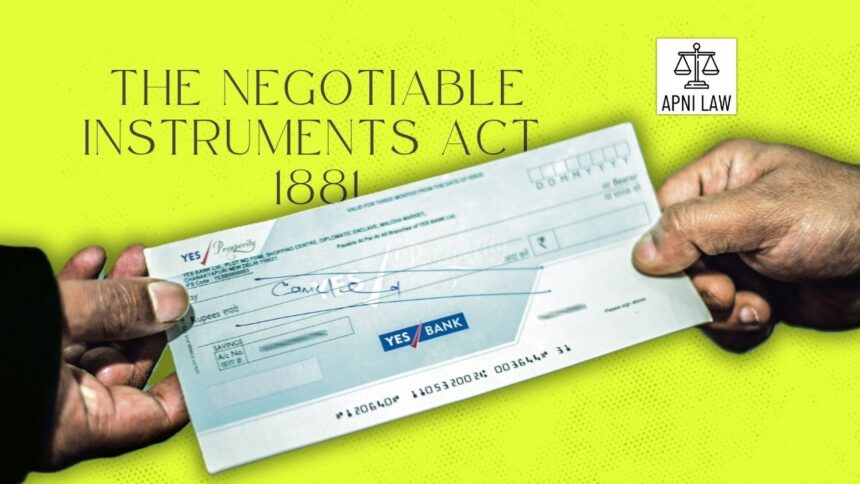Introduction
When a cheque bounces in India, the law offers two distinct legal remedies, civil recovery and criminal action under Section 138 of the Negotiable Instruments Act, 1881. These two legal options serve different purposes and can be pursued simultaneously.
What Is Civil Recovery In A Cheque Bounce Case?
In civil recovery, the primary objective is to recover the cheque amount along with interest and legal costs. The payee files a civil suit, often under Order XXXVII of the Code of Civil Procedure, to seek a court decree for payment. Civil proceedings do not aim to punish the drawer (the issuer of the bounced cheque); they only enforce the repayment of dues.
Even though civil suits may take longer to resolve, they offer a structured legal process to ensure financial restitution.
What Does Criminal Action Under Section 138 Of NI Act Aims to Punish?
A cheque bounce due to insufficient funds or similar reasons qualifies as a criminal offence under Section 138 of the Negotiable Instruments Act. This law empowers the court to punish the offender with imprisonment of up to two years, a fine up to twice the cheque amount, or both.
Unlike civil recovery, criminal proceedings focus on deterring dishonour of cheques and preserving the integrity of financial transactions. The legal process starts with a demand notice and may lead to punishment if the drawer fails to pay within the statutory deadline.
What Is The Difference Between Civil Recovery and Criminal Proceedings?
Civil and criminal remedies differ in their purpose, outcome, and legal proceedings. Civil recovery aims to enforce repayment of a debt or financial obligation, typically resulting in a court order directing the defendant to pay the owed amount. In contrast, criminal action seeks to penalize wrongful conduct, with outcomes that may include imprisonment, fines, and sometimes compensation to the victim. While civil suits are focused solely on financial compensation and resolving private disputes, criminal complaints involve the state’s prosecution of the offender to impose legal punishment and deter similar misconduct.
Can You Pursue Both Remedies Simultaneously?
Yes, Indian law allows civil and criminal proceedings to run parallelly. Courts, including the Supreme Court, Karnataka High Court, and Bombay High Court, have ruled that civil suits for recovery and criminal complaints under Section 138 are independent and can proceed simultaneously.
Even if the cheque amount is recovered through one proceeding, it does not automatically cancel the other. For example, if the payee recovers the money in a civil suit, they may choose to withdraw the criminal case, but the law does not force them to do so.
What Is The Legal Procedure and Timeline for Section 138 NI Act
To initiate criminal action under Section 138, the payee must:
- Collect the bank return memo indicating cheque dishonour.
- Serve a demand notice within 30 days.
- Allow the drawer 15 days to make the payment.
File a criminal complaint within 30 days after the notice period expires if the amount remains unpaid.
Conclusion
Both civil recovery and criminal action offer effective but distinct outcomes. While civil suits help recover the owed money, criminal complaints under Section 138 create legal pressure and promote accountability.
Pursuing both options together increases your chances of financial recovery and ensures legal consequences for the drawer. To take the right legal route, consult a qualified legal expert.







